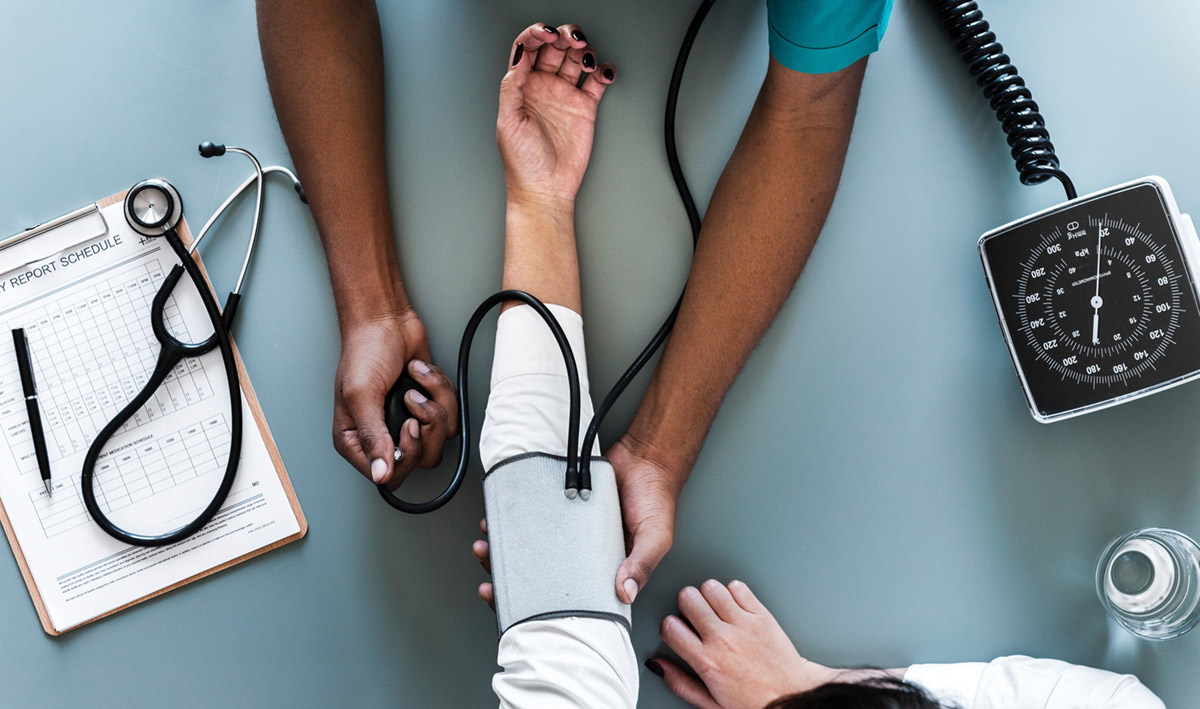
Hypotension
Blood pressure differs among individuals and during the day. Blood pressure is normally above 90/60 mmHg, but it depends on the type of activity. Blood pressure tends to be low if one is resting or sleeping and it rapidly rises in states of anxiety or physical activity. Blood pressure may vary by 30 to 40 mmHg in a single day. Because of this, it is important to always measure blood pressure under the same conditions.
Causes
Low blood pressure most often occurs as an effect of hormonal changes, widening of blood vessels, certain medical conditions, anemia, heart, endocrine problems or as a meteoropathic reaction.Certain drugs like diuretics, anesthetics, nitrates, calcium blockers and antidepressants may cause low blood pressure levels.Dehydration that is caused by heavy sweating, loss of blood, diarrhea, vomiting or simply insufficient use of water counts as one of the most common causes. Sudden standing from lying dowb or a sitting position may also cause sudden changes in blood pressure.It may also be linked to pregnancy, diabetic neuropathy or peripheral neuropathies and severe allergic responses.Symptoms of low blood pressure
Hypotension occurs when blood pressure levels fall under 90/60 millimeters of mercury. Low blood pressure causes insufficient blood flow to the brain and other vital organs. It is often accompanied by lightheadedness, dizziness or fainting. Low blood pressure is sometimes associated with other unpleasant symptoms such as tiredness, weakness, blurred vision, palpitations, confusion, nausea, chest pain, stiff neck, and headache.
Measuring blood pressure
To determine if one really suffers from low blood pressure it is important to get it measured in a medical institution. The pressure should be measured while sitting, lying down and standing up. If there is a large fall in blood pressure while standing, the patient should seek further advice. Doctors will then conduct additional tests or refer the patient to a specialist. People that feel pretty well when they stand up, whose blood pressure measurements show above 80mmHg are those who naturally have low blood pressure and they shouldn’t be treated.
Treatment
The treatment of hypotension is necessary only in very rare cases. It fully depends on the causes of low blood pressure levels. Persons suffering from low blood pressure should check if they are drinking enough water and keeping the body well hydrated. If the person has other coronary health problems it is advisable to go to a hospital and undergo a series of tests and treatments. Some medications may also affect blood pressure values and if this is a case, the doctor will advise an alternate drug.
Getting up slowly will help avoid unpleasant symptoms in many patients. Diets rich in salty food may also help.


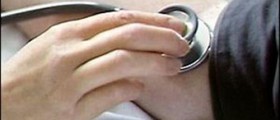
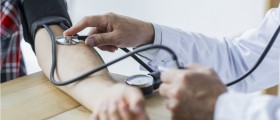


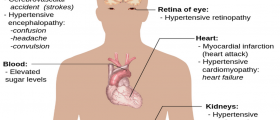
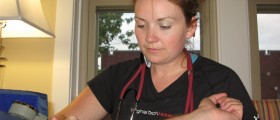
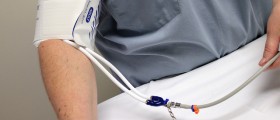




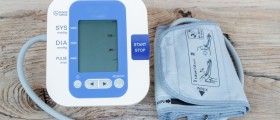

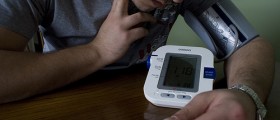
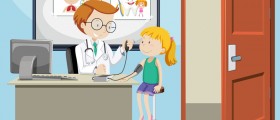
Your thoughts on this
Loading...